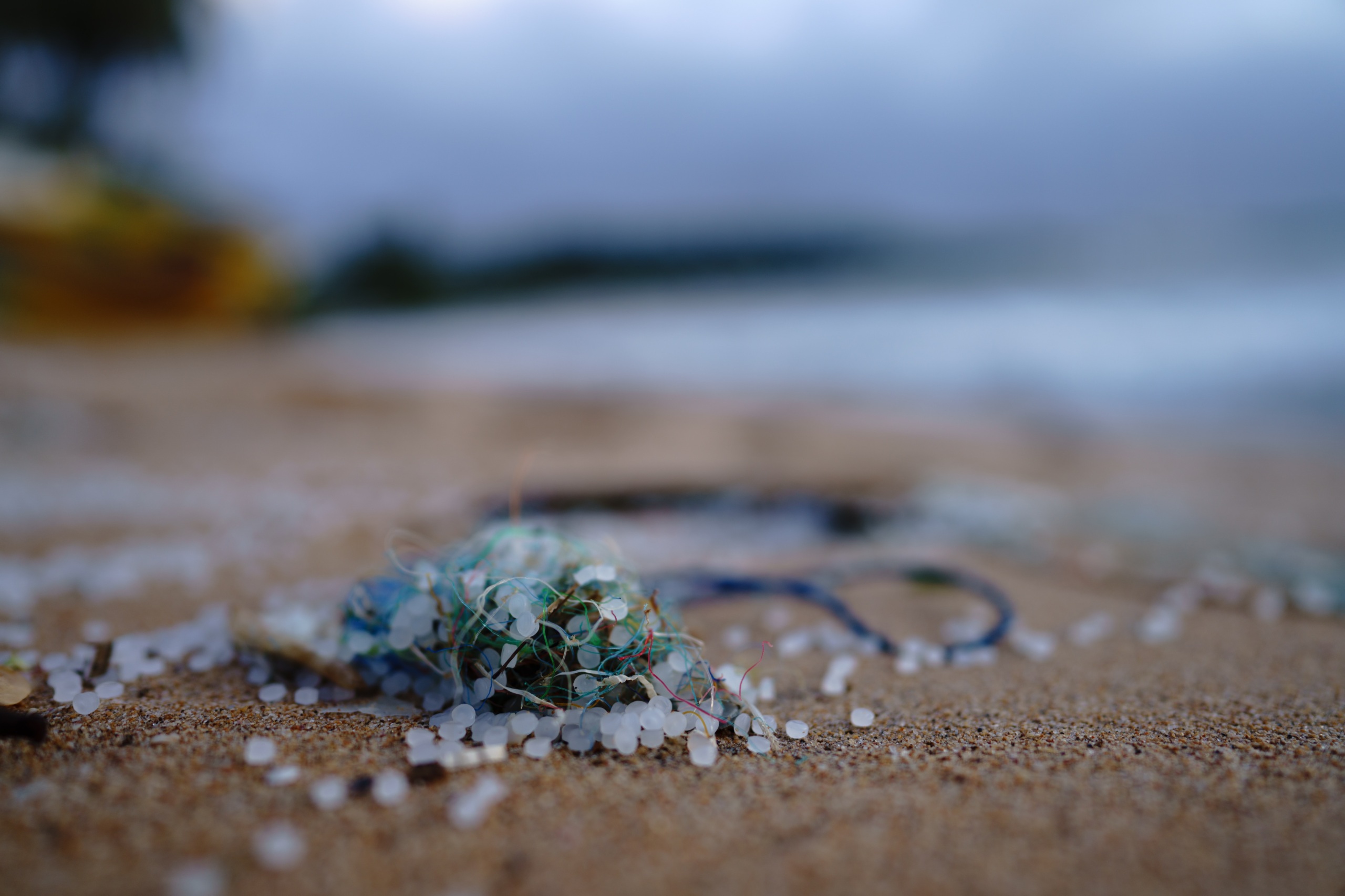
Millions of tiny plastic pellets are being dumped into our waterways
These tiny plastic pellets, called “nurdles,” are being dumped into our waterways — and they’re putting wildlife at risk.
To spare birds, fish and other wildlife from the harm caused by plastic pollution, we’re raising our voices for a world with less single-use plastic products.
Maybe you’ve seen the video of a sea turtle with a plastic straw stuck in its nose, or the headlines about whales washing ashore with stomachs full of plastic. With so much plastic pollution floating in the ocean, it’s too easy for wildlife to mistake it for food — and too often, they pay the price with their lives. The good news is that more people, communities, states and companies are moving away from the single-use plastics we don’t even need. Because after all, nothing we use for a few minutes should pollute our environment and threaten wildlife for hundreds of years.
These tiny plastic pellets, called “nurdles,” are being dumped into our waterways — and they’re putting wildlife at risk.
Report ●
To eliminate plastic waste, we need retailers like Target to do their part by phasing out plastic bags.
A recent report found that state- and city-wide bans successfully reduce plastic bag use and associated litter and pollution.
The past year saw significant progress for our environment — and your support helped make it possible.
Here are 10 examples of how our advocates won positive results for the public and the planet in 2023.
